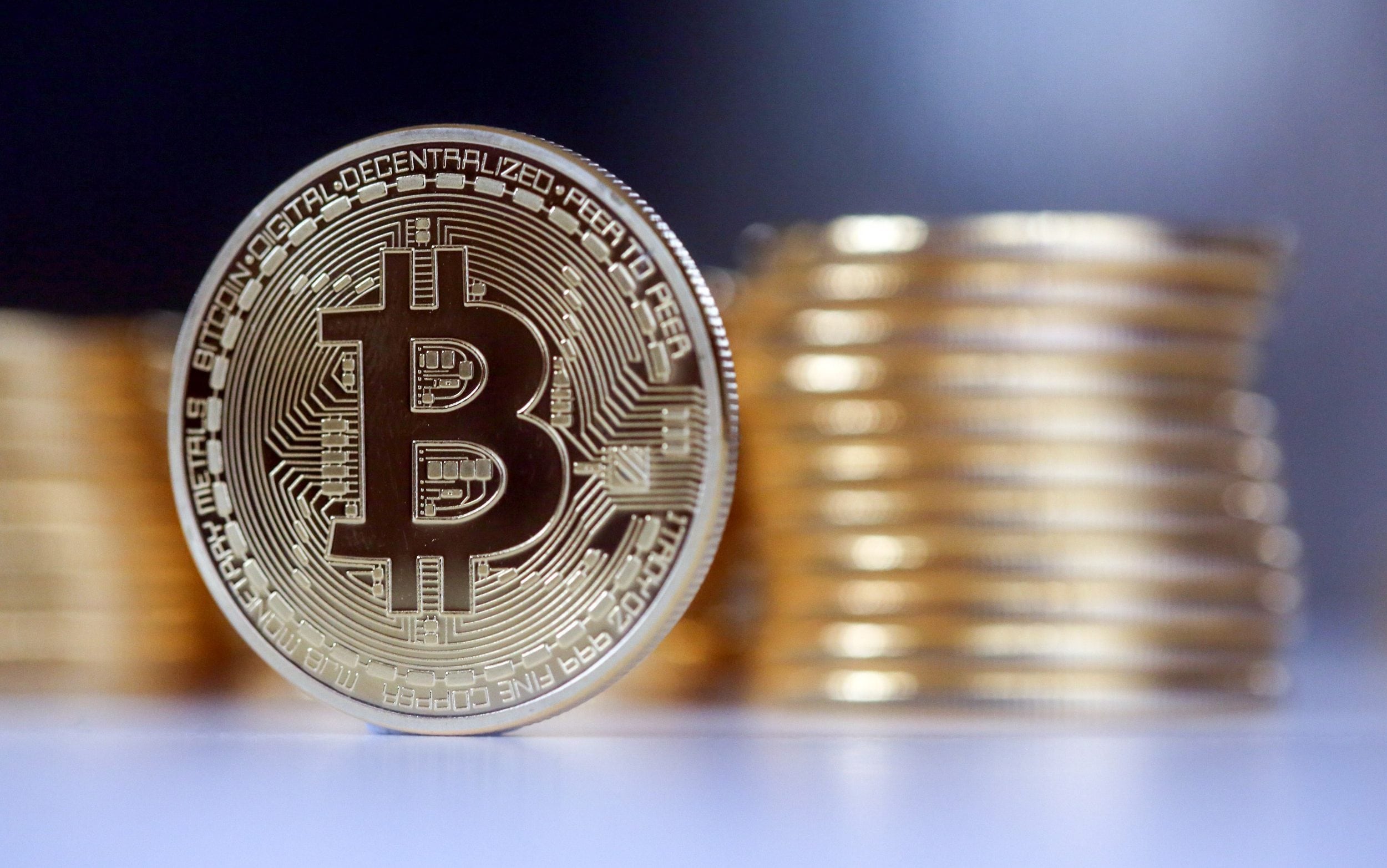U.S. State of Texas Pushes Forward with Bitcoin Reserve Bill
11.03.2025 14:42 2 min. read Alexander Stefanov
Texas is making another bold move towards integrating Bitcoin into its financial framework with a new legislative proposal.
The bill, HB 4258, aims to allocate up to $250 million from the state’s economic stabilization fund to invest in Bitcoin and other digital assets. This follows the recent success of SB 778, which has already gained significant support in the state Senate.
Unlike SB 778, HB 4258 introduces a cap on the investment amount and opens the door for local governments, such as municipalities and counties, to invest up to $10 million each. If passed, the bill would take effect on September 1, 2025, further solidifying Texas’ position as a leader in cryptocurrency adoption in the U.S.
This push is part of a wider trend across the nation, with 21 states currently considering similar digital asset reserve initiatives. Texas is positioning itself strategically, with key industries in energy, technology, and finance already established in areas like Houston, Austin, and Dallas. These factors make Bitcoin a natural fit for the state’s future economic development.
Support for these efforts has been strong, with Lieutenant Governor Dan Patrick calling the Bitcoin reserve a key move in securing Texas’ financial future. By emphasizing Bitcoin’s limited supply and decentralized nature, he argued it could set a precedent for other states to follow. As Texas continues to lead the charge, this growing momentum is seen as essential for positioning the state—and the nation—as a leader in the evolving world of digital assets.
-
1
Blockchain Group Bets Big on Bitcoin With Bold €300M Equity Deal
09.06.2025 22:00 2 min. read -
2
Bitcoin to Track Global Economy, Not Dollars, Says Crypto Expert
09.06.2025 18:00 2 min. read -
3
BlackRock’s Bitcoin ETF Breaks Into Top 15 Most Traded ETFs of 2025
12.06.2025 18:00 2 min. read -
4
Bitcoin on a Path to $1 Million as Wall Street Embraces Digital Gold – Mike Novogratz
14.06.2025 19:00 1 min. read -
5
Bank of America Compares Bitcoin to History’s Most Disruptive Inventions
17.06.2025 14:00 1 min. read
Bitcoin Averages 37% Rebound After Crises, Binance Research Finds
Despite common fears that global crises spell disaster for crypto markets, new data from Binance Research suggests the opposite may be true — at least for Bitcoin.
Bitcoin Mining Faces Profit Crunch, But No Panic Selling
A new report by crypto analytics firm Alphractal reveals that Bitcoin miners are facing some of the lowest profitability levels in over a decade — yet have shown little sign of capitulation.
Bitcoin Hashrate Declines 3.5%, But Miners Hold Firm Amid Market Weakness
Bitcoin’s network hashrate has fallen 3.5% since mid-June, marking the sharpest decline in computing power since July 2024.
Bitcoin Surpasses Alphabet (Google) to Become 6th Most Valuable Asset Globally
Bitcoin has officially overtaken Alphabet (Google’s parent company) in global asset rankings, becoming the sixth most valuable asset in the world, according to the latest real-time market data.
-
1
Blockchain Group Bets Big on Bitcoin With Bold €300M Equity Deal
09.06.2025 22:00 2 min. read -
2
Bitcoin to Track Global Economy, Not Dollars, Says Crypto Expert
09.06.2025 18:00 2 min. read -
3
BlackRock’s Bitcoin ETF Breaks Into Top 15 Most Traded ETFs of 2025
12.06.2025 18:00 2 min. read -
4
Bitcoin on a Path to $1 Million as Wall Street Embraces Digital Gold – Mike Novogratz
14.06.2025 19:00 1 min. read -
5
Bank of America Compares Bitcoin to History’s Most Disruptive Inventions
17.06.2025 14:00 1 min. read


